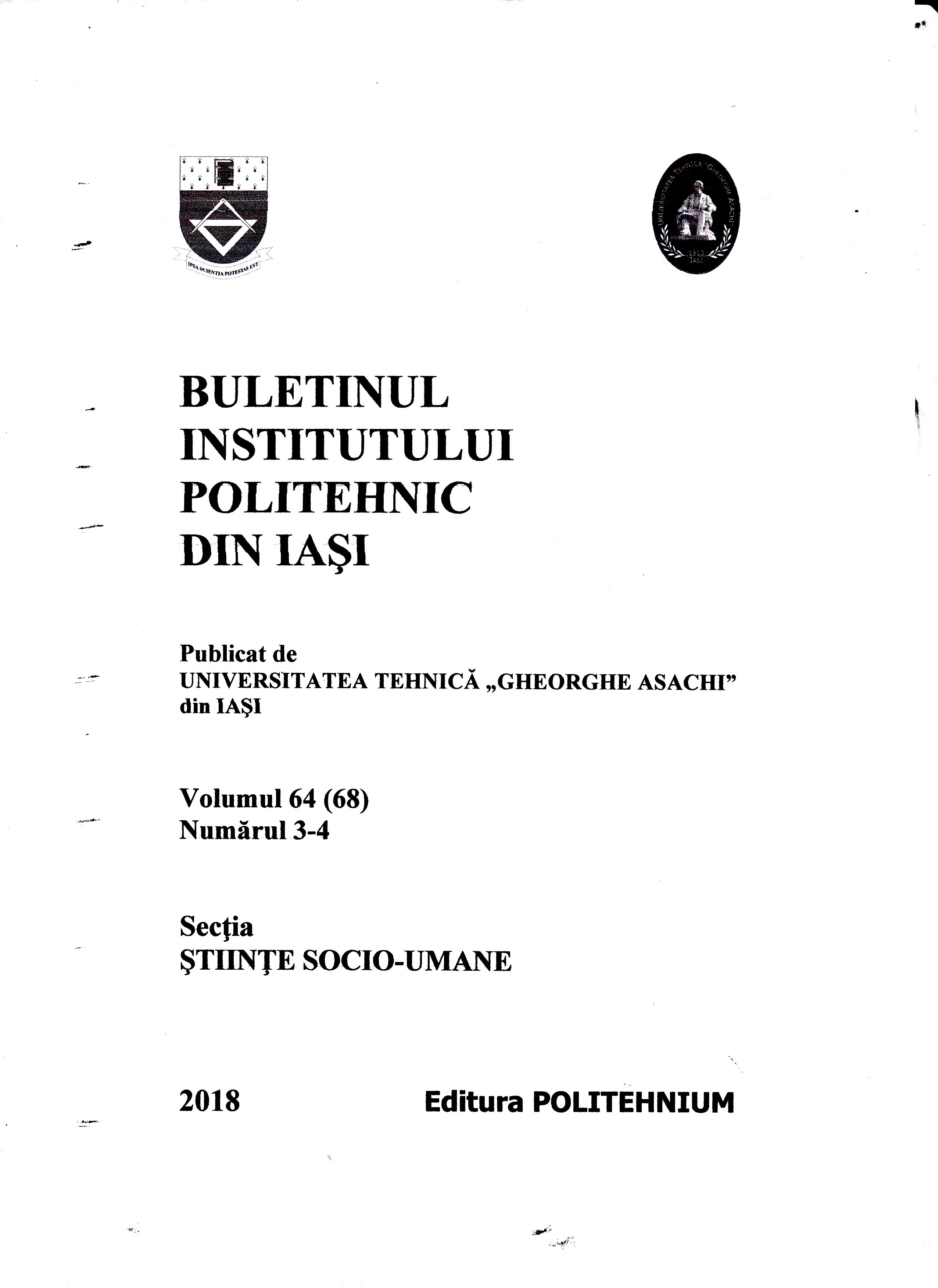The Bio-Psycho-Socio-Cultural Development of the Adults
The Bio-Psycho-Socio-Cultural Development of the Adults
Author(s): Elena TironSubject(s): Developmental Psychology, Personality Psychology
Published by: Editura Universității Tehnice “Gheorghe Asachi” din Iași
Keywords: human development; adult development; the roles of the adult;
Summary/Abstract: The paper is structured in several parts: the notion of human development, the stage of adult development and its specificity, the description of adult ages, the roles of the adult (marriage, husband / wife, parental roles, profession). The methods and procedures of study and research used in the article are: description, explanation, comparative analysis and case analysis. The first part defines the adult period of continuation and differentiation from the previous periods as a period of stabilization, professionalization, independence, personality development by responsible assumption of new social roles.It also explains the specific mechanisms: biological, psychological, socio-cultural, learning of adult development. The second part discusses the most frequent staging of the adult period, according to several authors. Several models of adult development are presented and explained: the model of psychological development according to E. Erikson (1965), the model of alternation between stability and transition according to Levinson (1986), we problematize about the cognitive development of the adult (Cavanaugh, 1993), and the specificity of adult thinking is highlighted (Miclea & Lemeni, 1999). We comparatively approach adult affectivity which is structured in different interests and motivations depending on the new roles they assume. We discuss the adult attachment style (Secui, 2004) and the typology of adult love (J. A. Lee). At the end of this part, we problematize the five directions of adult personality development: stabilizing self-identity, independence of personal relationships, increasing interests, the humanization of values, and the extension of protection (Albu, 2002). The third part of the paper describes the three sub-periods of adulthood: early adulthood between 35 and 45 years of age, middle adulthood between 45 and 55, extended adulthood (55 to 65 years of age). The fourth part of the paper problematizes marriage, the parent-child relationship and the complexes that can develop from this relationship and the adult occupations in the present knowledge society.
Journal: Buletinul Institutului Politehnic din Iași secția Științe Socio-Umane
- Issue Year: 64/2018
- Issue No: 3-4
- Page Range: 9-25
- Page Count: 17
- Language: English

